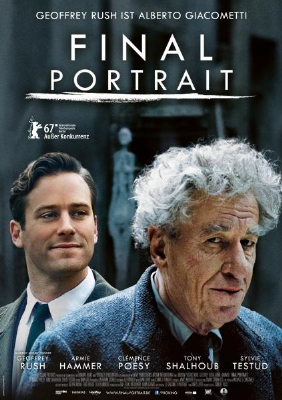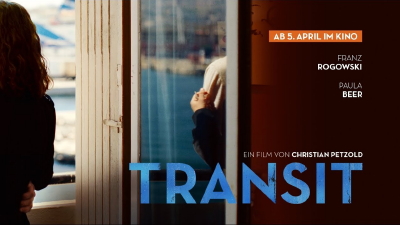 Click Here to Read: Christian Petzold’s Transit: The condition of refugees as hell on earth By Stefan Sternberg on the World Socialist Web Site on May 9, 2018.
Click Here to Read: Christian Petzold’s Transit: The condition of refugees as hell on earth By Stefan Sternberg on the World Socialist Web Site on May 9, 2018.
Category: Film
Daron Malakian and Scars On Broadway – Lives
Freudian Noir
Brothers (1929) and Comradeship (1931)
Voluptuous Panic
Final Portrait: Geoffrey Rush stars in affectionate film about Giacometti
“Three Billboards Outside of Ebbing Missouri” and One Emotional Ride
by Herbert H. Stein
We see a man and woman driving along a quiet country road. She, the older of the two,
is driving and she starts the conversation.
“Hey, Dixon?”
“Yeah?”
“I need to tell you something.”
There is a pause, then she continues.
“It was me who burned down the police station.”
“Well, who the hell else would it have been?”
They drive some more and she speaks again.
“Dixon?”
“Yep?”
“You sure about this?”
“About killing this guy?”
He waits a few moments and continues,
“Not really. You?”
“Not really.”
They drive some more and she says, “I guess we can decide along the way.”
He nods, she smiles, they keep driving …
And then the screen goes black and we see the closing credits.
In that moment in which I realized I was no longer living vicariously in the world of the
film, as I came back to my own world, sitting in a now dark movie theater, I had the thought that I had seen a very unusual film, perhaps unique. Continue reading “Three Billboards Outside of Ebbing Missouri” and One Emotional Ride


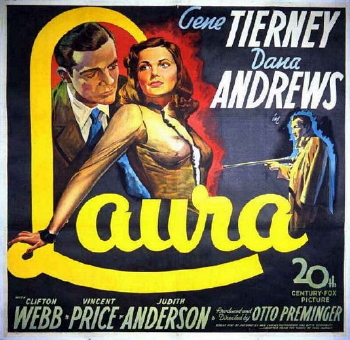
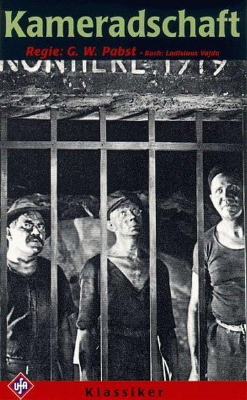 Click Here to Read:
Click Here to Read: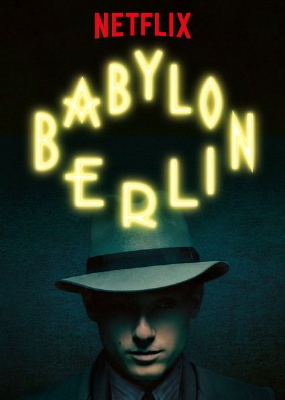 Click Here to Read:
Click Here to Read: 